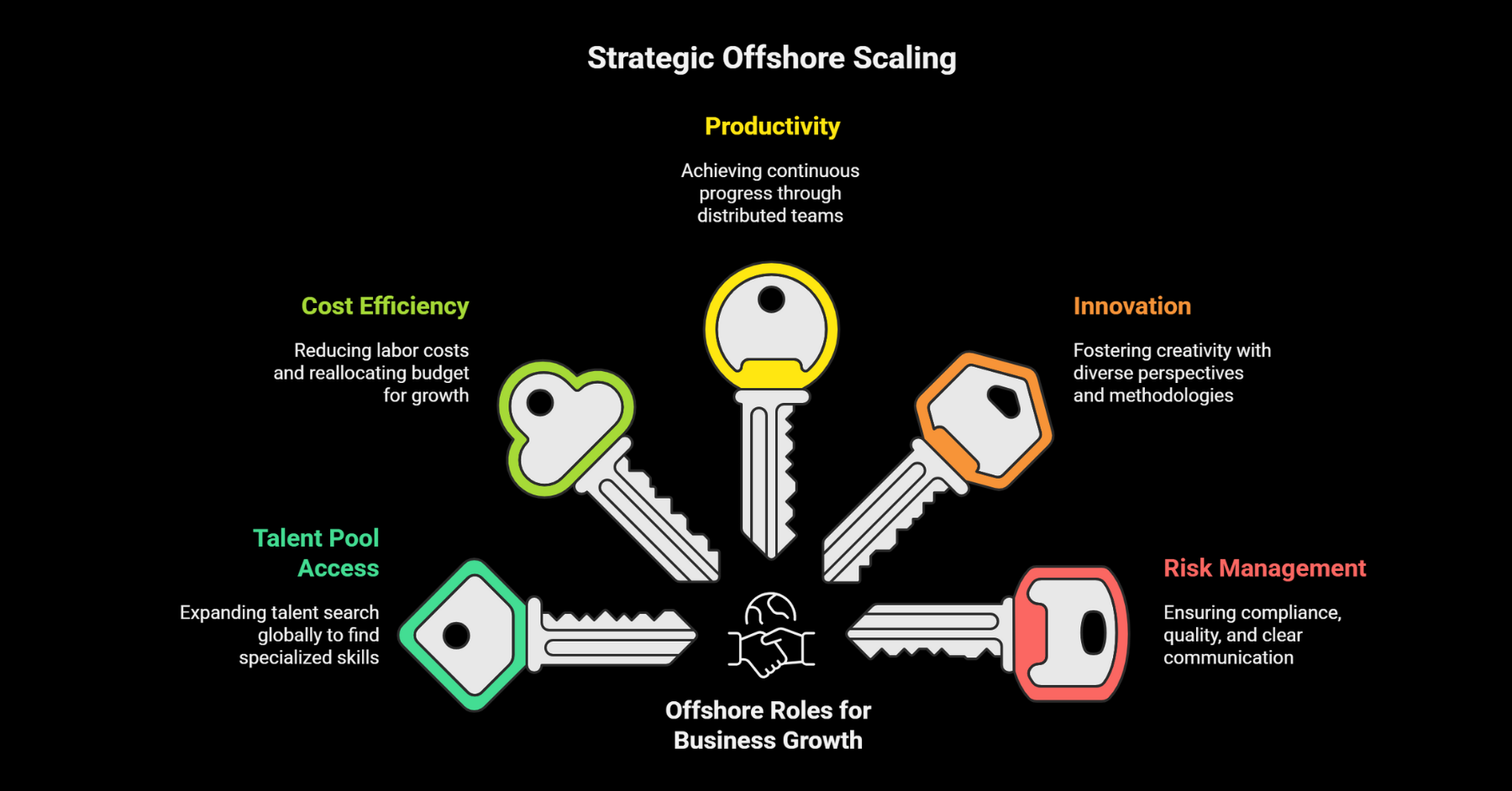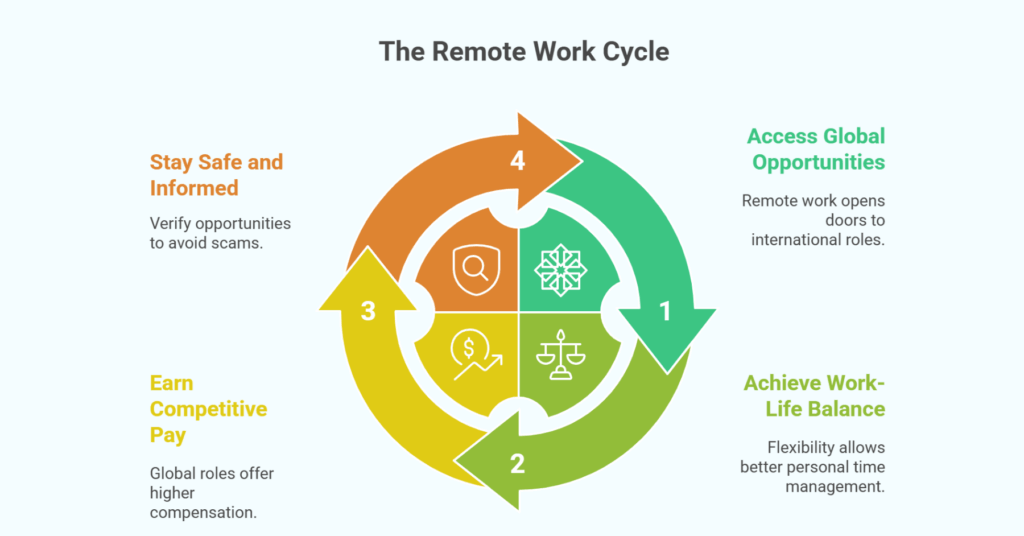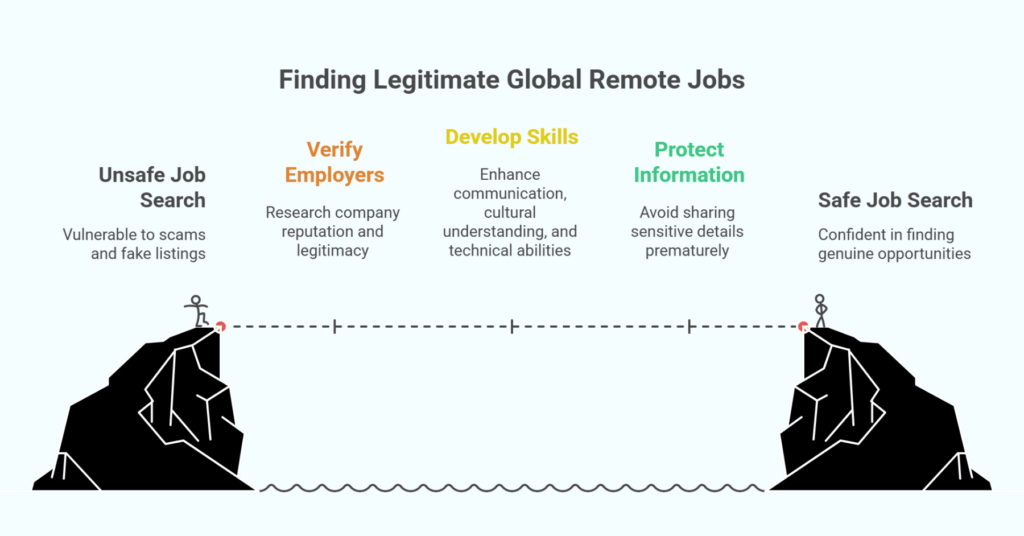Offshore Remote Jobs unlock global talent, faster scaling, and cost efficiency when employers combine smart sourcing with strong compliance.
Scaling a business quickly often depends on how fast you can find and deploy talent. Offshore remote jobs provide employers with a scalable alternative to local hiring constraints by opening access to global pools of developers, designers, support staff, and specialists. This approach delivers measurable advantages from cost savings to skills depth, but it also introduces operational and legal complexities that require careful management.
The five reasons below explain why leaders choose offshore remote hiring when speed, capability, and budget matter most. Each reason includes practical compliance tips and risk mitigation strategies to help you build a reliable offshore workforce. Whether you are launching a new product, expanding customer support, or accelerating engineering sprints, offshore remote roles can supply the capacity you need without the delays of local recruitment. Read on to understand how to tap offshore talent effectively, what organizational changes to expect, and which policies to put in place so your team scales fast while staying compliant and productive.
5 Reasons Employers Should Tap Offshore Roles to Scale Quickly
1. Access to a Vast and Specialized Talent Pool
Expanding your search offshore removes geographic limits and exposes your team to specialists who are scarce locally.
1.1 Broader access to niche skills
Offshore hiring lets you reach specialists in areas such as machine learning, mobile engineering, or cloud architecture who may be scarce in your home market. Accessing these niches reduces time spent training or searching and increases the probability of finding candidates with deep, project-ready experience. When you map required competencies to regional talent hubs you can target sourcing more effectively and shorten the hiring timeline. This targeted approach also supports cross functional hires that bring together complementary skills for complex projects.
1.2 Larger candidate pipelines reduce single point failure
Relying only on local markets creates hiring bottlenecks and risk if a key role becomes vacant. Offshore remote recruitment builds larger pipelines so you have backup candidates and faster replacements when turnover occurs. A broader pipeline reduces hiring cycles and lowers the chance of business disruption during growth phases. Maintaining active relationships with offshore talent networks ensures you can scale headcount quickly while preserving continuity on critical projects.
2. Significant Cost Efficiency and Predictability
Offshore roles often enable companies to lower labor costs and reallocate budget toward product development and growth activities.
2.1 Lower labor and overhead costs
By hiring offshore you can reduce salary and benefits expenditures in markets with lower living costs while maintaining quality through careful vetting. Savings arise not only from compensation differences but also from decreased office and equipment overhead when roles are fully remote. These funds can be redirected to innovation, marketing, or scaling initiatives that accelerate business outcomes. Predictable cost structures from offshore staffing support longer project horizons and healthier financial planning.
2.2 Flexible engagement models to manage budget
Offshore talent can be engaged as contractors, part time contributors, or full time employees depending on project needs which allows you to match cost to demand. This flexibility prevents long term fixed payroll commitments that strain cash flow during uncertain growth stages. Trial engagements let you validate performance before converting to permanent hires, reducing the risk of costly replacements. Using the right mix of engagement types yields financial agility while preserving access to critical capabilities.
3. Around-the-Clock Productivity and Faster Delivery
Distributed teams across time zones enable continuous progress on product development and support operations.
3.1 Follow the sun development cycles
When teams are distributed across time zones, work can hand off between regions so progress continues beyond a single working day. This follow the sun model reduces lead times on bug fixes, feature rollouts, and customer responses, accelerating overall time to market. With careful coordination and overlapping windows for handoffs you minimize rework and ensure momentum across sprints. Faster delivery improves competitiveness and allows for quicker iterations based on user feedback.
3.2 Improved customer coverage and responsiveness
Offshore remote teams placed strategically provide extended or even 24 7 support coverage for customers in multiple regions. This increases satisfaction and reduces churn by shortening response times for critical incidents. Extended coverage also enables localized knowledge and language support for global customers which enhances user experience. The ability to resolve issues quickly supports brand reputation and can be a decisive advantage for companies serving international markets.
4. Innovation and Diverse Perspectives
Offshore hiring brings cultural and technical diversity that fuels creative solutions and product improvements.
4.1 Diverse problem solving drives better products
Teams composed of members from different educational, cultural and industry backgrounds surface varied approaches to problems which often yields more innovative solutions. Diverse perspectives challenge assumptions and introduce new patterns that can lead to unique product features or process improvements. Encouraging cross cultural collaboration and idea exchange magnifies this effect and helps teams design products that resonate with a global audience. Innovation at scale benefits from the broader set of experiences offshore teams provide.
4.2 Access to alternative methodologies and tooling
Offshore engineers and specialists often bring practices and tools popular in their region that your team may not have tried. These alternative methodologies can introduce efficiencies in testing, deployment, automation, or user research that become competitive differentiators. Blending best practices across geographies helps evolve your engineering and product processes faster than relying on a single local approach. Embracing diverse tooling also expands the technology options available for solving complex challenges.
5. Managing Risk: Compliance, Quality, and Communication
The upside of offshore roles must be balanced with proactive risk management in legal compliance, hiring quality, and team communication.
5.1 Implement compliance and payroll safeguards
Engaging offshore talent requires adherence to local employment laws, tax rules, and benefits regulations to avoid fines and liabilities. Use local payroll integrations, Employer of Record arrangements, or vetted legal templates to make sure contracts and tax withholdings are correct from day one. Clear documentation of IP assignment and confidentiality clauses protects your assets and reduces legal exposure. Investing in compliance infrastructure early prevents retroactive costs and preserves your ability to scale globally without surprises.
5.2 Quality control and communication protocols
Maintain consistent quality by requiring standardized assessments, code reviews, and documented acceptance criteria for deliverables. Establish clear communication norms including overlapping hours for handoffs, documented asynchronous workflows, and defined escalation paths for blockers. Regular sprint reviews and performance metrics help surface issues early and ensure alignment on expectations. Robust onboarding and mentorship programs accelerate cultural integration and reduce misunderstandings that often derail offshore collaborations.
Solutions Provided by Remote Recruit to Employers and Job Seekers
Remote Recruit simplifies tapping offshore remote jobs by combining sourcing, validation and compliance in a single platform. For employers Remote Recruit offers AI powered candidate matching that finds pre vetted candidates across key regions, built in skills assessments and video screening to validate fit quickly, and payroll and compliance modules that support Employer of Record style workflows where needed. The platform provides collaborative hiring dashboards that centralize feedback, scheduling, and offer approvals so teams can scale hiring without operational chaos. For job seekers Remote Recruit lists verified offshore remote jobs with transparent role details, supports video introductions to demonstrate communication skills, and provides assessment tools that increase visibility to hiring managers. Together these features reduce time to hire, lower legal risk, and make offshore hiring and onboarding repeatable and predictable for both employers and candidates.
Conclusion
Offshore remote jobs present a powerful lever for companies that need to scale quickly without sacrificing quality or breaking budgets. By accessing wider talent pools you can fill specialized roles faster, achieve cost efficiencies that fund growth initiatives, and enable continuous delivery models that shorten time to market. Diversity of thought and technical approaches from offshore hires often accelerates innovation and improves product-market fit across regions. To realize these benefits at scale you must pair offshore recruitment with strong compliance processes, standardized quality checks, and disciplined communication protocols. Platforms that integrate sourcing, assessment, payroll, and onboarding remove many operational barriers and allow teams to focus on product and customers. When executed with care offshore hiring becomes a strategic enabler that transforms capacity into a competitive advantage for businesses ready to grow globally.
Frequently Asked Questions
-
What are offshore remote jobs?
Offshore remote jobs are positions where employers hire workers located in different countries to work remotely, leveraging global talent pools to meet skill and capacity needs. -
How do offshore hires save companies money?
Offshore hires can reduce salary and overhead costs due to regional pay differentials and the absence of office expenses; savings depend on the role, location, and engagement model. -
How can companies ensure compliance when hiring offshore?
Use payroll integrations, Employer of Record services, or local legal counsel to create compliant contracts, manage tax obligations and statutory benefits and ensure proper IP assignment clauses. -
What quality controls should employers use for offshore teams?
Implement standardized skills assessments, code review processes, work samples, regular performance metrics and documented acceptance criteria to maintain consistent output quality. -
How do I manage time zone challenges with offshore teams?
Set overlapping working windows for handoffs, codify asynchronous communication practices, establish clear documentation and use regular check ins to maintain alignment.
Sign up on Remote Recruit today to find verified offshore remote talent and scale your team with confidence.




